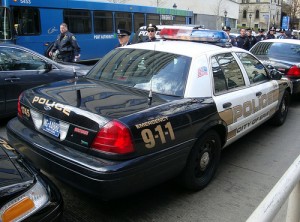
In my years as an attorney defending DUI cases in Pennsylvania, I have dealt closely with many police departments. One problem I have found is there is a widespread lack of oversight and supervision. On top of that, some cops are under-trained and ill prepared for the rigors of being in law enforcement. These aspects create a culture ripe for misconduct and corruption.
Not every police officer is corrupt. I have dealt with a number of professional and well-trained Pennsylvania police officers. The truly well-educated and well-informed are sadly few and far between. In reality, there is a large number of corrupt unscrupulous police officers and many more that are involved in negligent misconduct due to their own ignorance.
Case in point is the ticket-fixing scandals in New York City. Many, many police officers were involved in taking bribes and making other illegal gains. If convicted, this will surely destroy the credibility of these officers and cast a shadow of doubt over the cases they worked. Perhaps this should rightfully be so.
So what do we do?
How can we know a “good cop” from a “bad cop”?
It’s not like they run around with a sign hanging around their necks so we can know which is which simply by looking at the officer. What we need to do is look for other sources of verification such as dash camera video or a disinterested and unrelated witness. Unfortunately these simple sources of verification may not exist. So, it becomes an issue. When we have only one source of non-verified information (and especially of the information is subjective in nature), we have to look at it with great skepticism in order to be fair.
Let’s be fair and look at evidence in the light most consistent with the presumption of innocence and that is to be utterly skeptical.